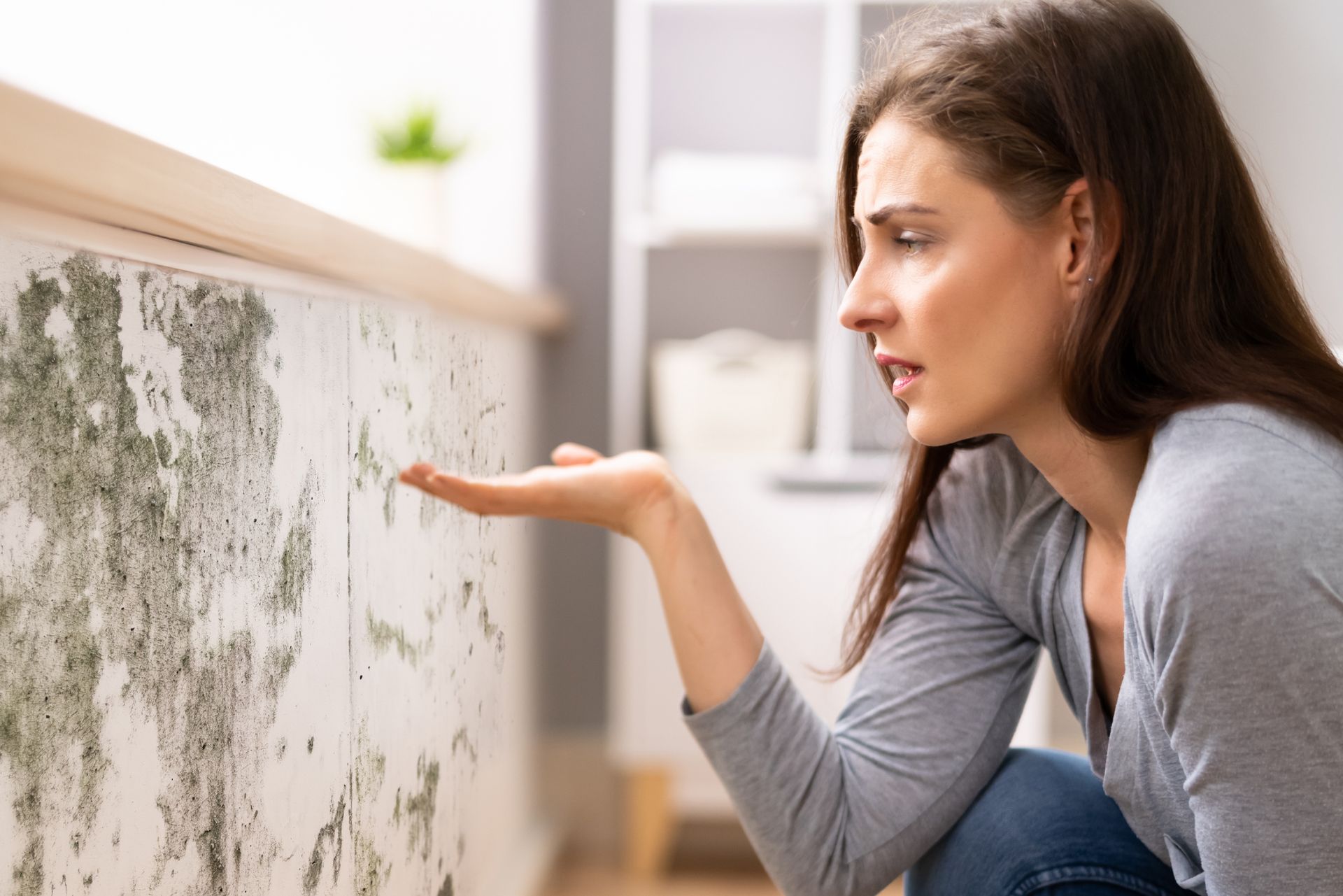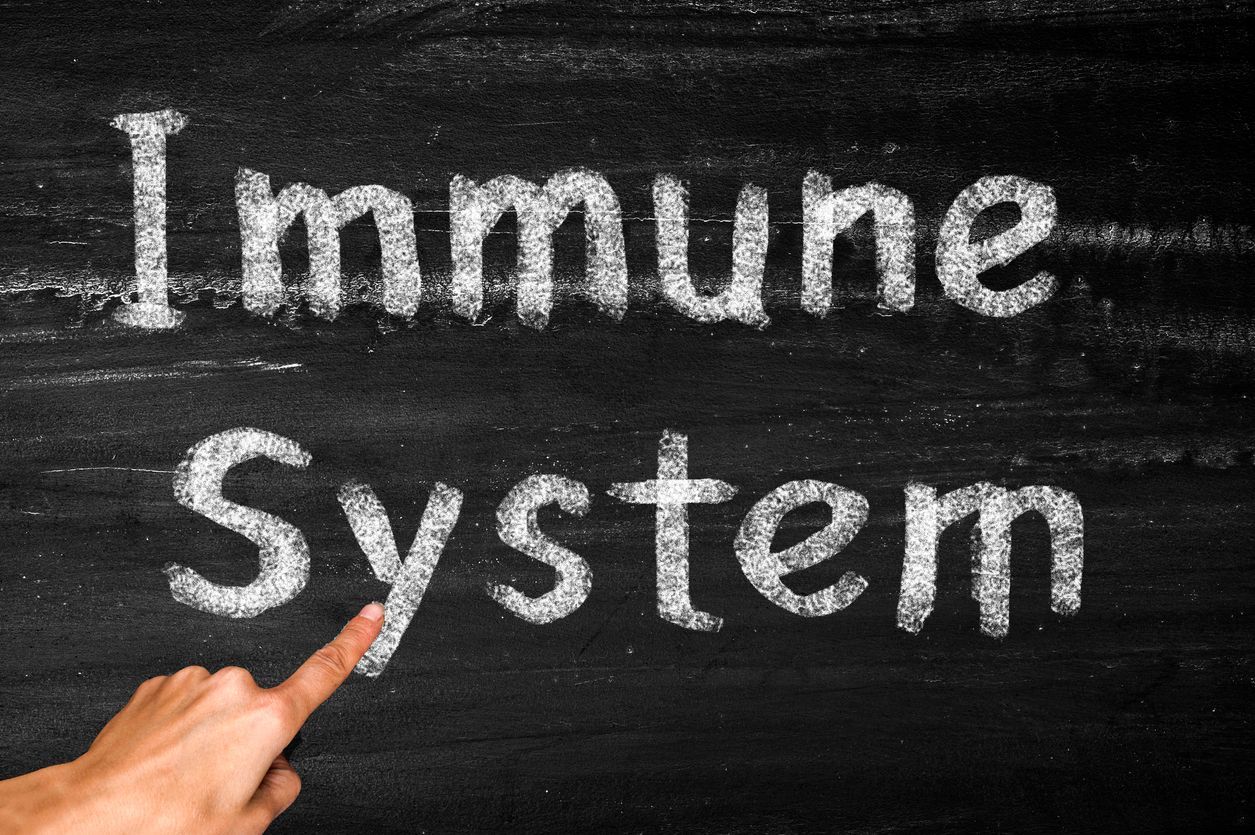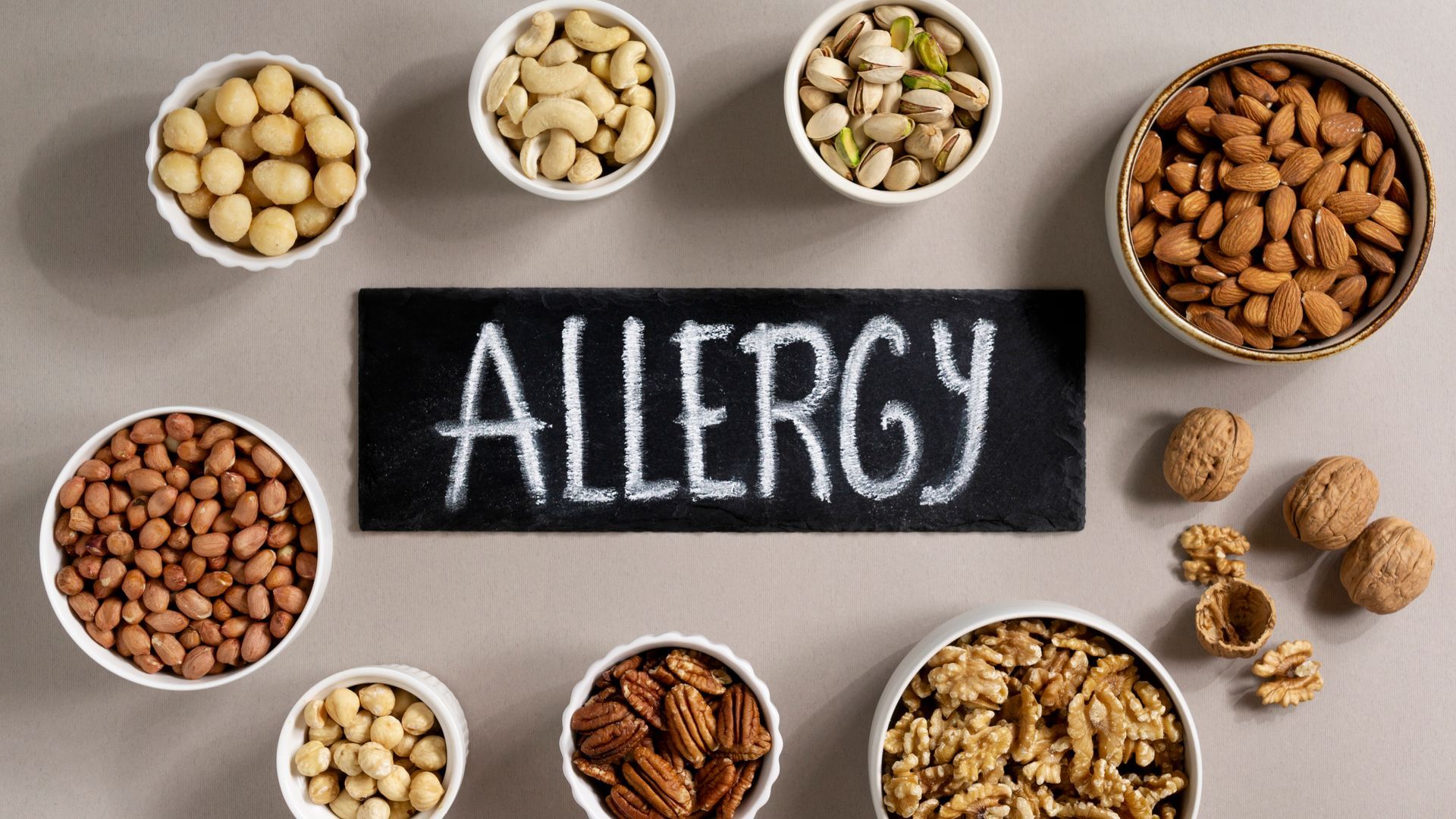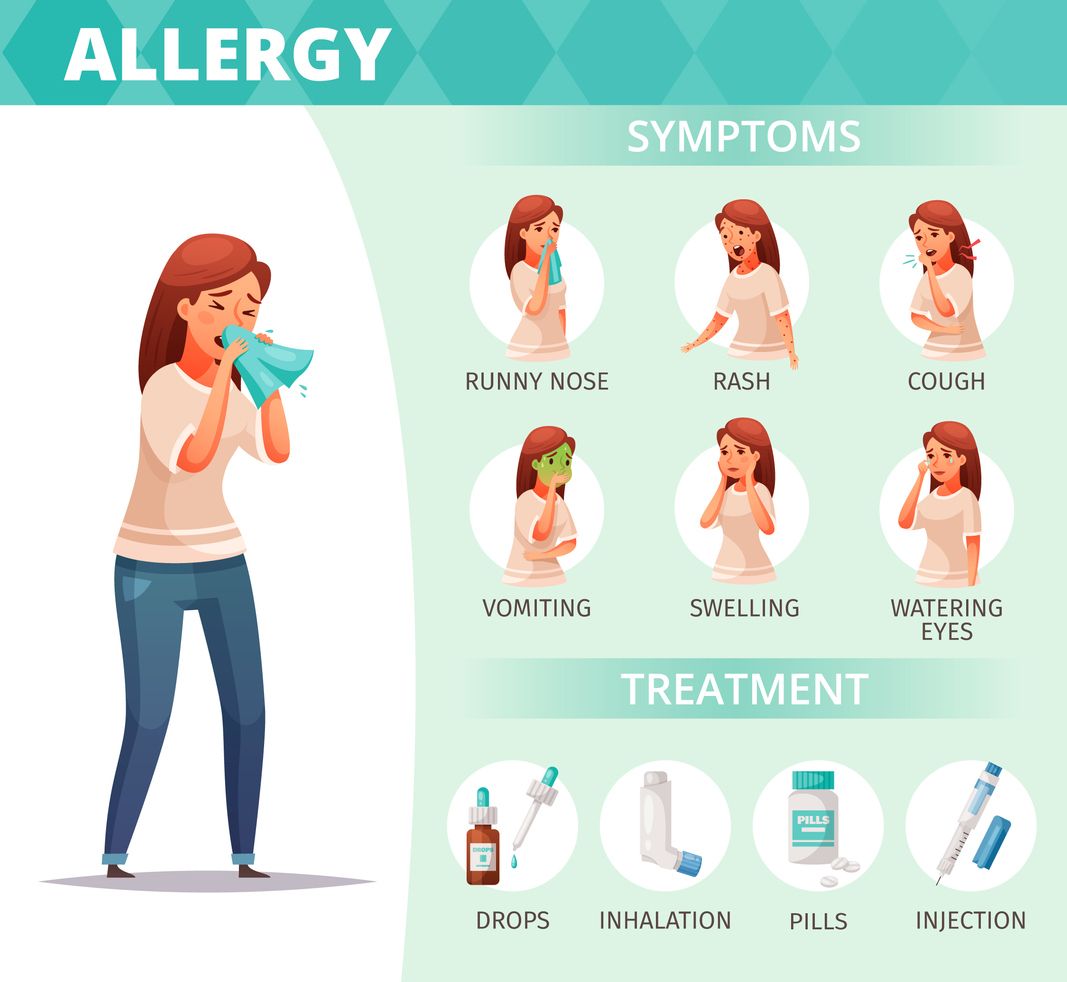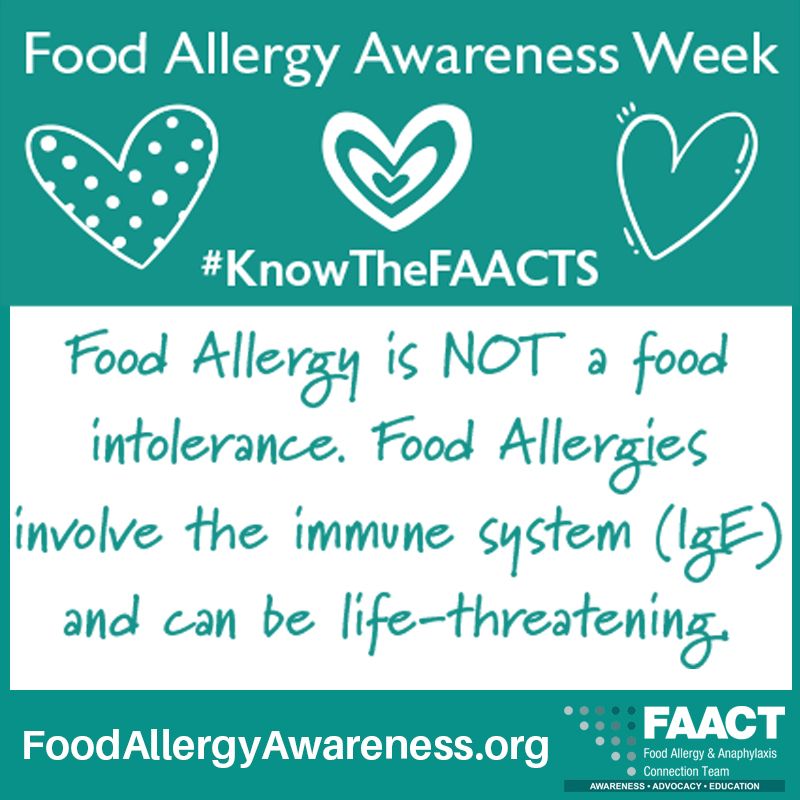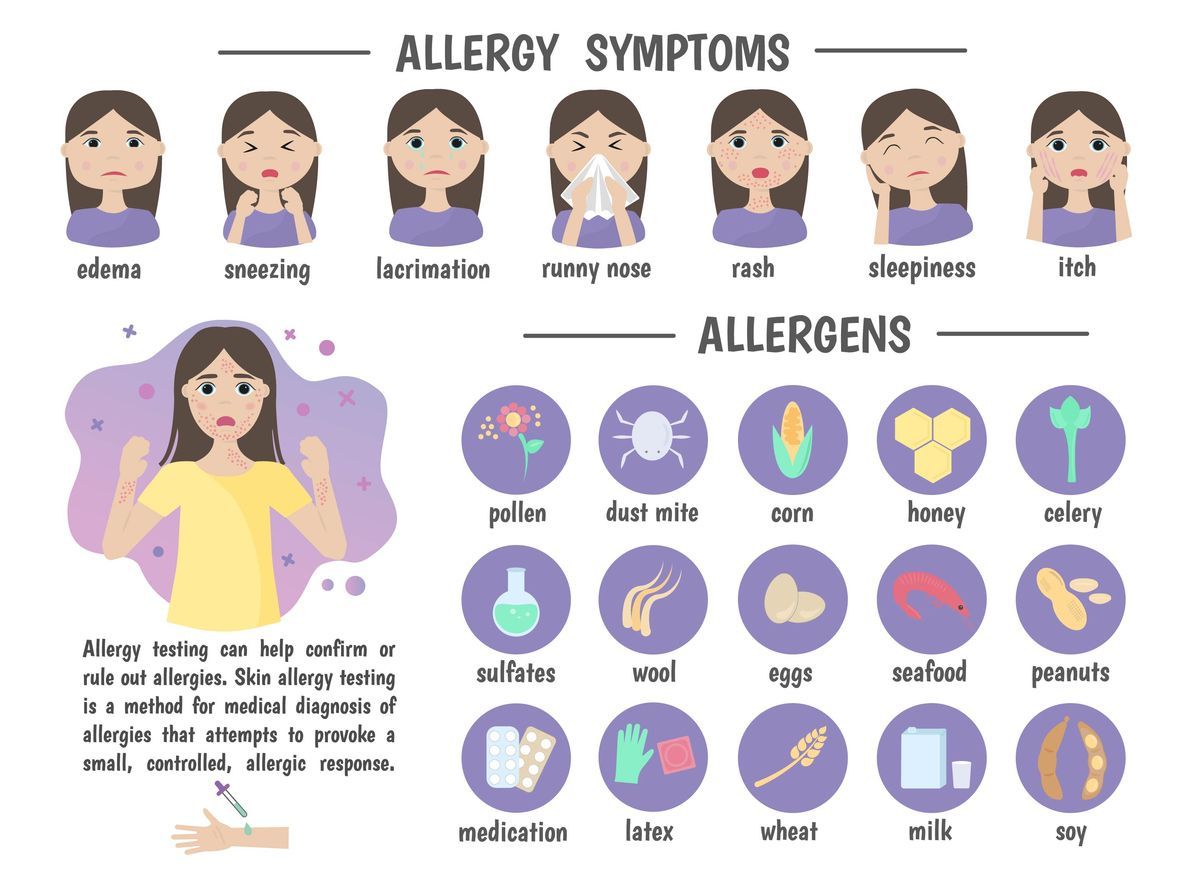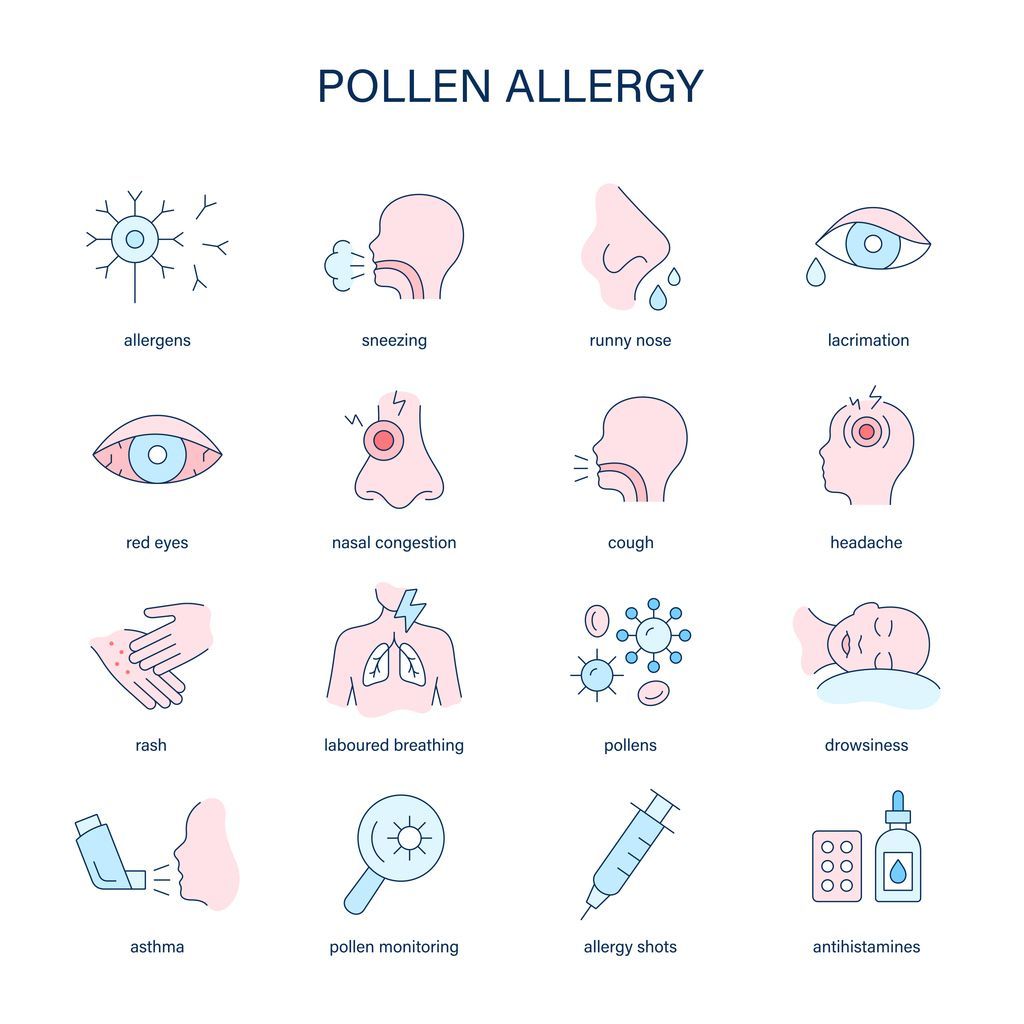Hives: Definition, Types, Causes, & Treatments
Hives: Definition, Types, Causes, & Treatments
What are hives?
Urticaria, also known as hives, is a skin condition that causes red lesions or welts of varying sizes on the skin. They can be itchy and appear swollen.
Hives can appear along with angioedema (swelling), which is when the deeper skin tissues are involved, including eyelids, hands, lips, tongue, etc.
Hives are not contagious, but if someone develops hives as a side effect of a disease, the disease itself is contagious.
Types of Hives
There are three main types of hives: acute (short-lived), chronic (long-lived), and physical.
Acute Hives
You may have acute hives if the symptoms last for less than six weeks. Most allergic reaction hives are acute, as they come on suddenly but do not last long. The most common causes of acute hives are food, medications, and infections. Acute hives are more common in children.
Chronic Hives
If the hives last for longer than six weeks, you may have chronic hives. These will likely return on a regular basis. If you have severe hives that last more than a few days, you should contact a doctor. One-third of acute hives causes will turn into chronic hives.
Physical Hives
Hives can also appear in cold, hot, or sunny conditions, as well as after exercise and sweating. The hives would appear where the skin was stimulated within one hour.
What do hives look like?
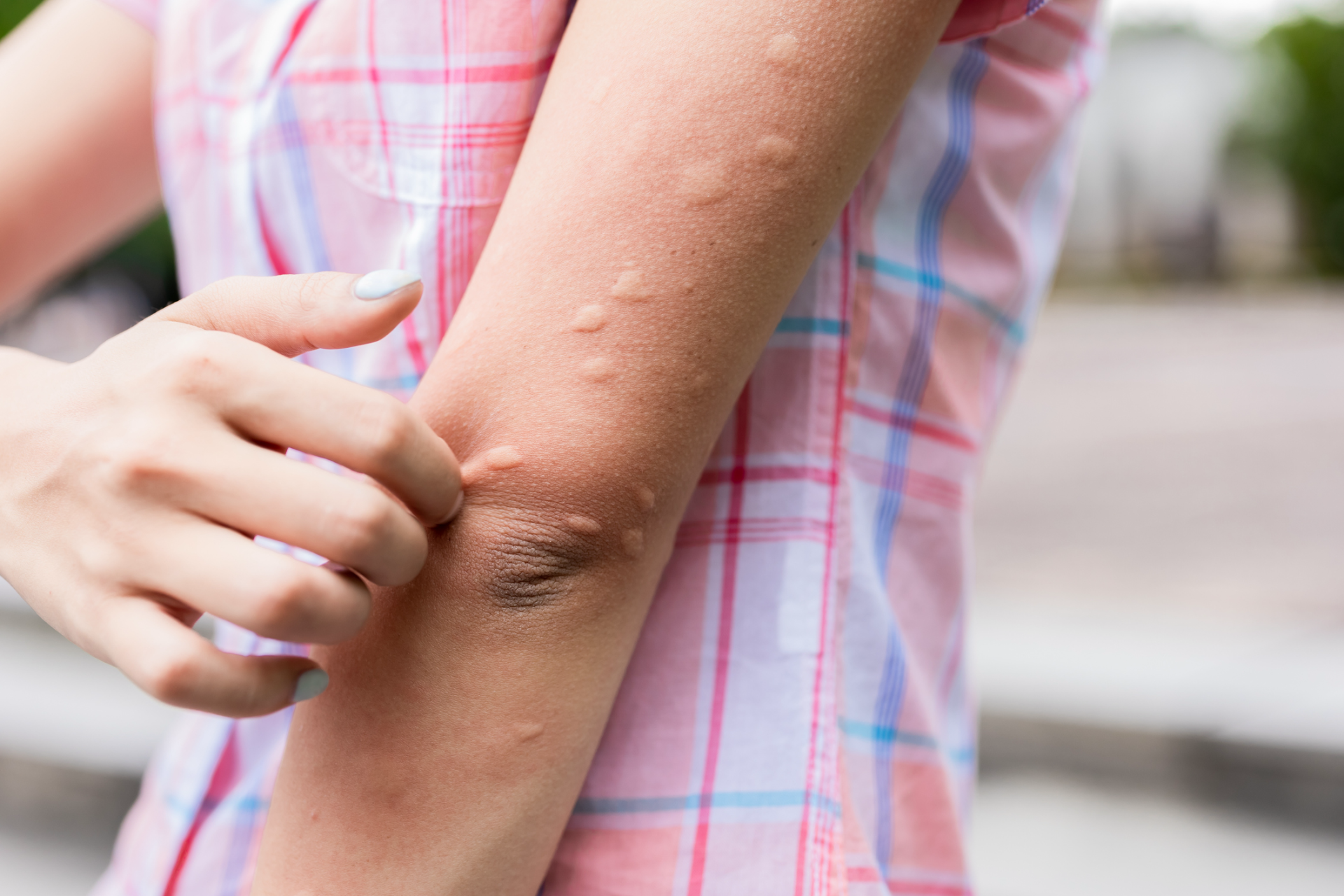
What causes hives?
When you have an allergic reaction, your body releases histamine into your bloodstream, which are chemicals that you produce to defend against infection or other “intrusions”.
Histamines can cause hives and the other symptoms related to them, like swelling, itching, and red skin.
The most common cause of hives is a reaction to food, medicine, viral/bacterial infections, insect bite, or environmental/chemical exposures. They can also be caused by heat/cold exposure, thyroid imbalance, emotional stress, vibration/pressure, exercise, sunlight, or excessive sweating.
A rare cause of hives is an underlying systemic disease, such as hepatitis/HIV, immune disorders, and cancer.
How long do hives last?
Luckily, hives do not last long. If the case is minor, they will last only 2-3 hours. But if more appear, the symptoms will last longer. The normal amount of time is around 24-48 hours.
If you have other symptoms, like dizziness, difficulty breathing, or facial swelling, contact a doctor immediately to seek treatment.
How do you treat hives?
Medical Treatments
- Antihistamines: Since histamines are released when your body comes into contact with allergens, antihistamines will reduce the histamine release, relieving the hives. These can be prescribed by a doctor or can be found over-the-counter.
- Calamine lotion: Using an anti-itch lotion will reduce the itchiness caused by the hives.
- EpiPen: If you have a severe allergic reaction with hives, an auto-injector can work quickly to reverse hives and reduce other allergic reactions.
- Anti-inflammatory drugs: For severe hives, a doctor might prescribe you a steroid, such as prednisone, to reduce symptoms, such as swelling, inflammation, and itching.
Check out our
Patient Resource page with
Medication Coupons to save some money.
Home Remedies
- Cold compress: A cold compress can help reduce itchiness and inflammation.
- Anti-itch solution bath: Colloidal oatmeal bath can moisturize your skin and reduce inflammation.
- Aloe vera: The healing properties can reduce hives if you rub it on the affected area a few times each day.
- Avoiding irritants: If you are dealing with a sensitive case of hives, avoiding fragrances, such as lotions and perfumes, staying out of the sun, and wearing loose clothing can help reduce itchiness.
A prospective study found that 35% of patients with chronic hives will be symptom-free within one year, with another 29% having reduced symptoms. Spontaneous remission occurred within three years in 48% of patients with chronic hives of an unknown cause.
Treat Your Hives Today
Find out the best hives treatment for you by meeting with
one of our doctors. Our team of experts will cater a unique treatment plan to help you cope with hives caused from allergies in your daily life.
Book an appointment today!

